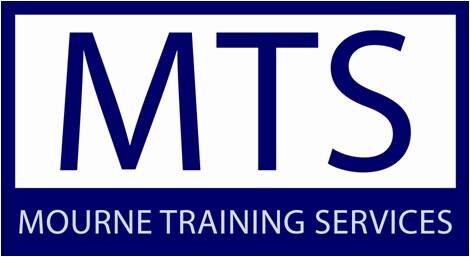EDQM has published a companion text to the general chapter 5.26, Implementation of pharmacopoeial procedures, which provides examples of risk assessments for the implementation process, applied to a variety of different types of analytical methods. The risk assessments are an excellent resource, not just for method verification but also for other lifecycle management activities, such […]
Author: MTS
ICH Updates in Our Validation Courses
Draft versions of the revision of ICH Q2, Validation of Analytical Procedures, and also the new guideline Q14, Analytical Procedure Development, were published on the 24th March 2022. We have modified our courses, ‘Validation, Verification & Transfer of Methods for Pharmaceutical Analysis,’ and, ‘Validation, Verification & Transfer of Methods for Biopharmaceutical Analysis‘, to ensure that […]
JPAG Symposium: Stability VI
The MTS consultant, Oona McPolin, will deliver a presentation entitled, ‘Challenges in Development and Validation of Stability Indicating Methodology‘ at the JPAG symposium, ‘Stability VI’ on the 30th June 2022, which will be held at the Royal Society of Chemistry in Burlington House, London. If you are interested in the analytical methodology used for supporting […]
Limit of Quantitation: Does it Matter?
MTS Helpdesk Question: Is the limit of quanitation always important when validating methods for impurities? Answer: Defined as “the lowest amount of analyte in a sample which can be quantitatively determined with suitable precision and accuracy” in ICH Q2, limit of quantitation (or ‘quantitation limit’ in the ICH terminology) is an important method performance characteristic […]
Drafts of ICH Q2(R2) and Q14 on Public Consultation
Draft versions of the revision of ICH Q2, Validation of Analytical Procedures, and also the new guideline Q14, Analytical Procedure Development, were published on the 24th March 2022. The deadline for comments is 31st July 2022. You can view the draft guidelines, and also a presentation from ICH about the guidelines, using the following links: […]
How Long to Equlibrate an HPLC Column?
MTS Helpdesk Question: How long does it take to equilibrate a column on an HPLC system before the first injection can be performed? Answer: This is a question commonly asked by HPLC analysts, particularly those relatively new to the technique. The range of currently available column dimensions means that a ‘one size fits all’ approach […]
